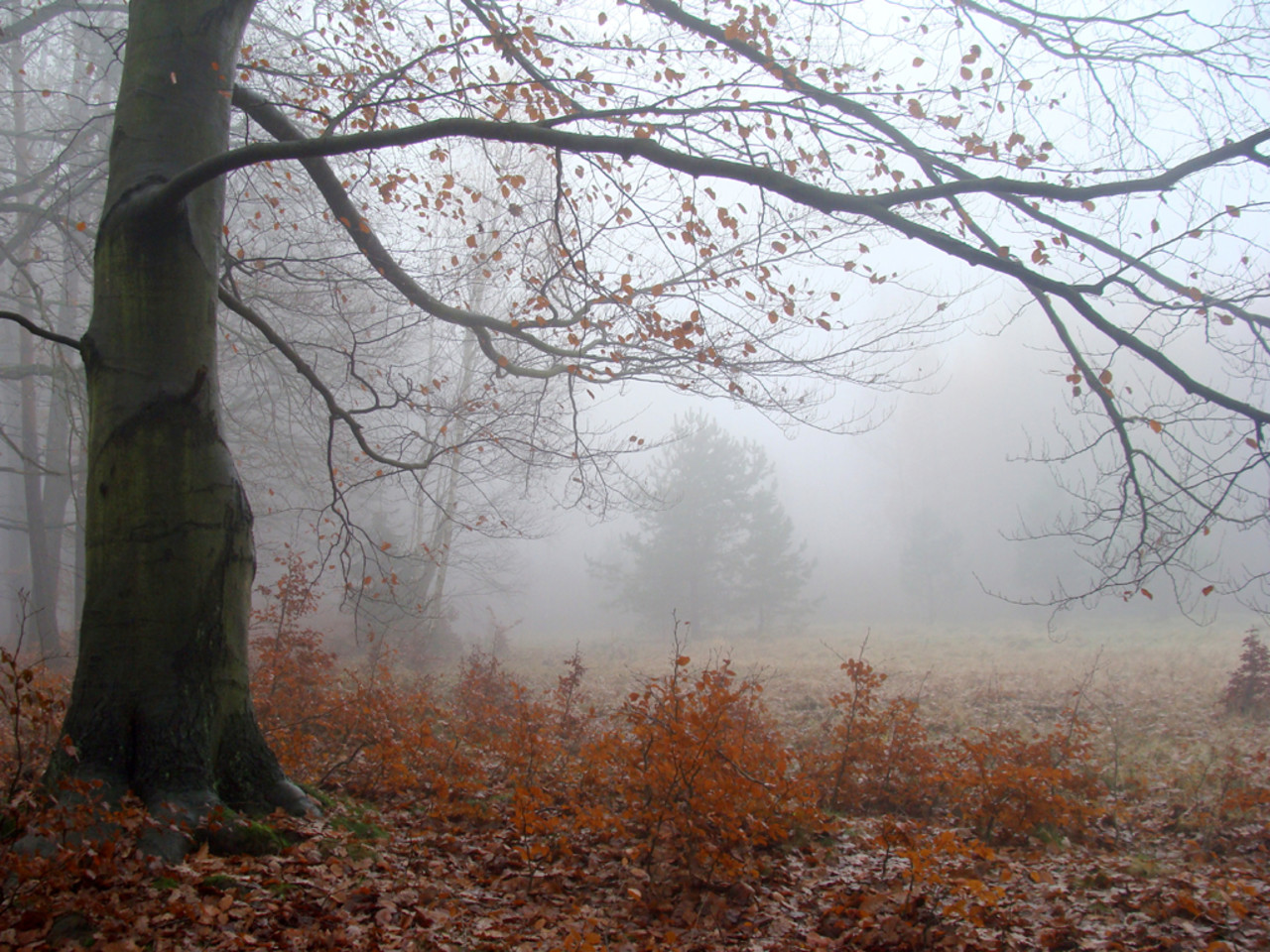Wine Tasting
페이지 정보

본문
Wine Tasting
Do you drink all of the wine at a wine tasting?
At a wine tasting, the objective is to expertise a big selection of wines rather than to eat large quantities.
Understanding Wine Tastings
Typically, participants pattern small pours from every wine, permitting for a comparability of flavors, aromas, and textures.

Spitting vs. Swallowing
Many seasoned tasters select to spit the wine after taking a sip. This follow helps them to take care of their palate and keep away from intoxication whereas still enjoying the tasting experience.
Enjoying the Experience
Ultimately, it’s about savoring the moment and discovering new favorites rather than ingesting every drop. So, no, you don't drink all of the wine at a wine tasting!
Do you actually drink the wine at a wine tasting?
Yes, at a wine tasting, members typically drink the wine. The experience lets you discover numerous flavors and aromas, serving to to identify different traits of each wine.
However, not everyone finishes every sample. Some tasters choose to spit out the wine after tasting it to keep away from turning into inebriated, particularly when sampling many different wines in a single session. This method allows for a more targeted tasting expertise without the consequences of alcohol affecting one's palate.
Ultimately, whether to drink or spit is dependent upon private desire and the format of the tasting.
Why is wine tasting so difficult?
Wine tasting is often perceived as a difficult endeavor for a number of reasons:
- Sensory Overload: The complexity of wine comes from its numerous aromas and flavors, which can be overwhelming for beginners. Each wine can have quite a few notes, starting from fruity to earthy.
- Vocabulary Barrier: Wine tasting involves a specific lexicon that can be intimidating. Terms like "tannins," "body," and "finish" require some familiarity to precisely describe what one is experiencing.
- Variability: Wines can differ significantly as a result of elements like grape selection, HiOP climate, and winemaking methods. This variability can make comparisons troublesome and lead to subjective interpretations.
- Personal Preference: Individual palates are unique, which means what one person enjoys won't enchantment to a different. This subjectivity can complicate the tasting process.
- Environmental Influences: The setting during which wine is tasted, including temper, firm, and even food pairings, can have an result on one’s notion of flavors.
In conclusion, while wine tasting may be difficult, it's also a rewarding experience that might be enhanced with apply and education.

- 이전글Justcloud Online Backup Review: What Is Justcloud Online Backup? 24.12.18
- 다음글Best USA Crypto Casinos of November Month 2024 24.12.18
댓글목록
등록된 댓글이 없습니다.




